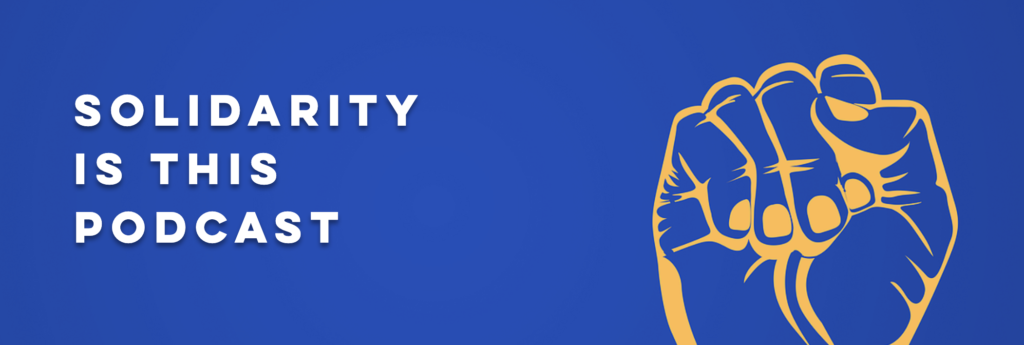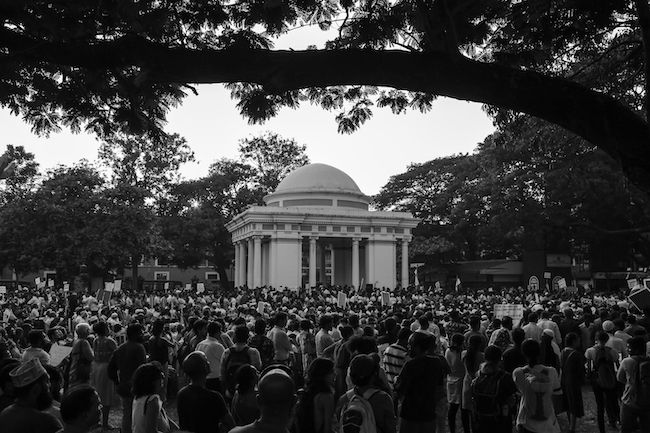🔖 Understanding implications of Hong Kong’s tech ecosystem changes for India (archive) by Rohan Seth & Manoj Kewalramani
The new National Security Law was added to Annex III of the Basic Law, the de facto constitution of Honk Kong. It grants law enforcement agencies the power to censor speech, and track citizens online for a broad set of reasons. It has been used as a justification to arrest protestors.
After the new law was put in place companies like Facebook, Twitter, Google and Microsoft have paused data requests coming from Hong Kong authorities. China has been an ethical gray-area and different tech companies have reacted to it differently — Google Search has exited, while Apple continues to comply to app removal requests.
The Ministry of Electronics and Information Technology is in the process of updating the Intermediary Guidelines. If these guidelines don’t include sufficient procedural safeguards and oversight, it too will become a draconian law, a tool for the State to regulate and track speech.


